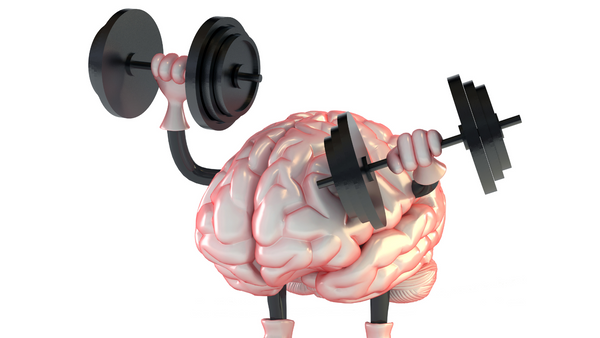Exercise and Academic Performance
It is obvious that exercise has a positive influence on young people’s overall health and wellbeing and with upcoming Trial HSC exams, this article will explore the effects of both chronic (interventions over a long period of time) and acute (short period of time) physical activity/structured exercise on academic performance and provide some practical applications.
Exercise improves blood flow to the brain. This helps deliver nutrients that are important to normal brain functions but specifically, memory formation and stress moderation (two especially important functions around exam time).
The Research
Some studies have examined the effect of both acute and chronic exercise interventions on the Academic Performance of High-School and College/University aged students and demonstrated clear benefits and improvements.
Students who reported having a poor level of lifestyle habits (responses to questions on sleep, tiredness and health), study habits, happiness and self-control exhibited the most improvement in academic performance (vs higher reporting students in these four areas) in response to undertaking a physical activity intervention across a 3-month period in the lead up to exams. This suggests that using exercise can be a viable method of improving lifestyle habits and can have a positive impact Academic Performance.
Various forms of exercise from strength only, aerobic only, strength and aerobic mixed exercise bouts ranging from 5 minutes to 30 minutes can have a positive impact on academic performance across comprehension, spelling and mathematics.
Practical Applications
- If you want to improve your lifestyle habits, undertaking a physical activity you enjoy and being consistent and structured with it can help improve other key factors that influence your academic performance. This can be walking, running, cycling, surfing, weightlifting or any sport.
- Exercise in the lead up to and through exams. Adding small bouts of exercise around study time can enhance your memory and stress management. The caveat here is that time sacrificed to exercise is time spent not studying and therefore the right balance is important as to not have detrimental effects on your study.
What will the College do for your son during exam time?
During exam blocks (when students are not attending classes) the College Gym will be open at any time during the school day and normal before and after school timeslots for all to use. Students must consider the following:
- You must sign-in with SaintsCard or student code to access the gym.
- The gym cannot be used without an Athletic Development staff member present.
- The gym will not become a place where students can ‘hang out’ and avoid study – get in and get out in a timely manner so you can continue to use your time effectively.
If you have any questions, please reach out to Ross (pawson.r@saintaug.nsw.edu.au) in the gym.
References
‘How Exercise Affects the Brain’. Life Sciences, 8 Feb. 2021, https://lifesciences.byu.edu/how-exercise-affects-your-brain.
Muntaner‐Mas, Adrià, et al. ‘Acute Effect of Physical Activity on Academic Outcomes in School‐aged Youth: A Systematic Review and Multivariate Meta‐analysis’. Scandinavian Journal of Medicine & Science in Sports, vol. 34, no. 1, Jan. 2024, p. e14479. DOI.org (Crossref), https://doi.org/10.1111/sms.14479.
Cappelen, Alexander W., et al. ‘Exercise Improves Academic Performance’. SSRN Electronic Journal, 2017. DOI.org (Crossref), https://doi.org/10.2139/ssrn.3....





